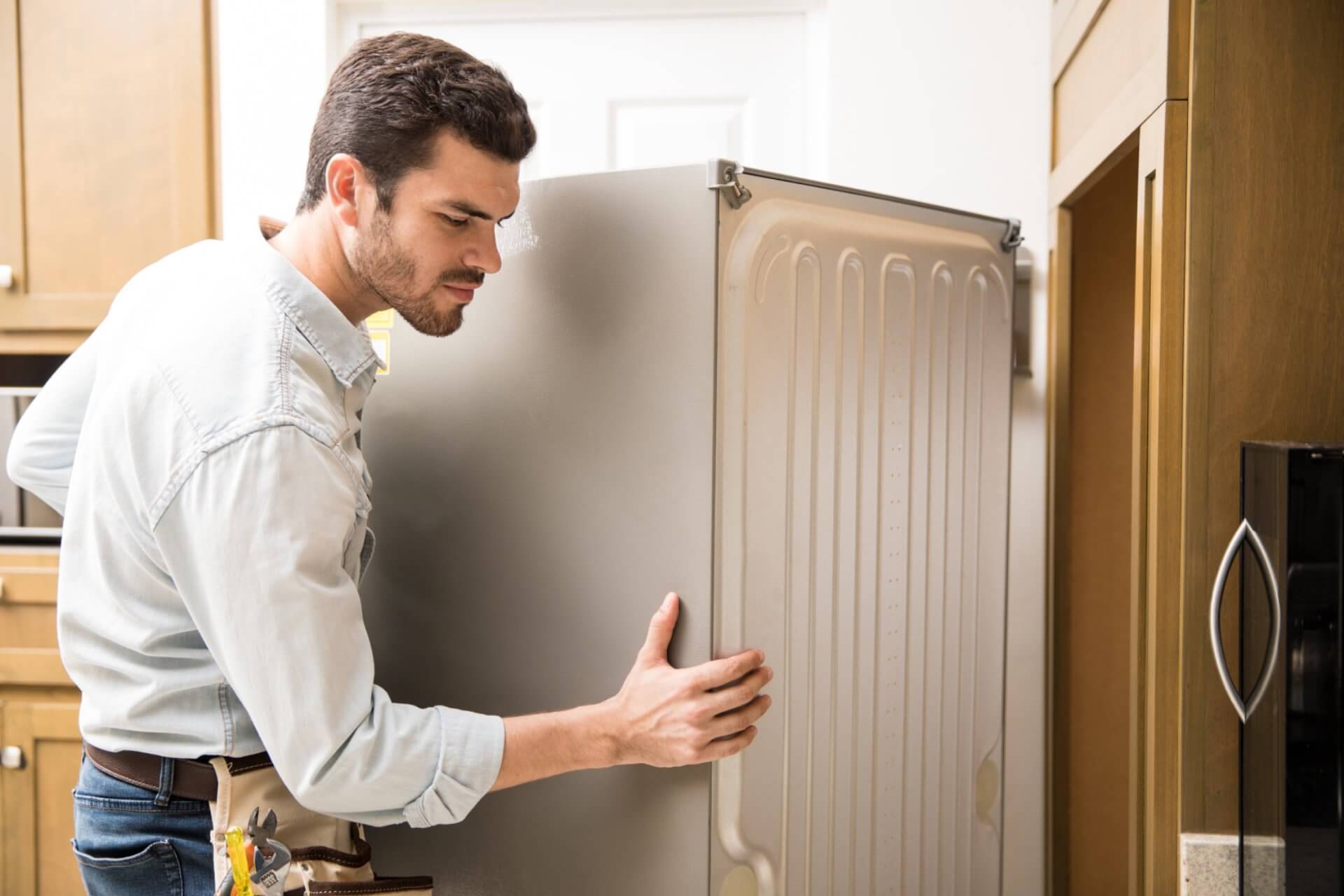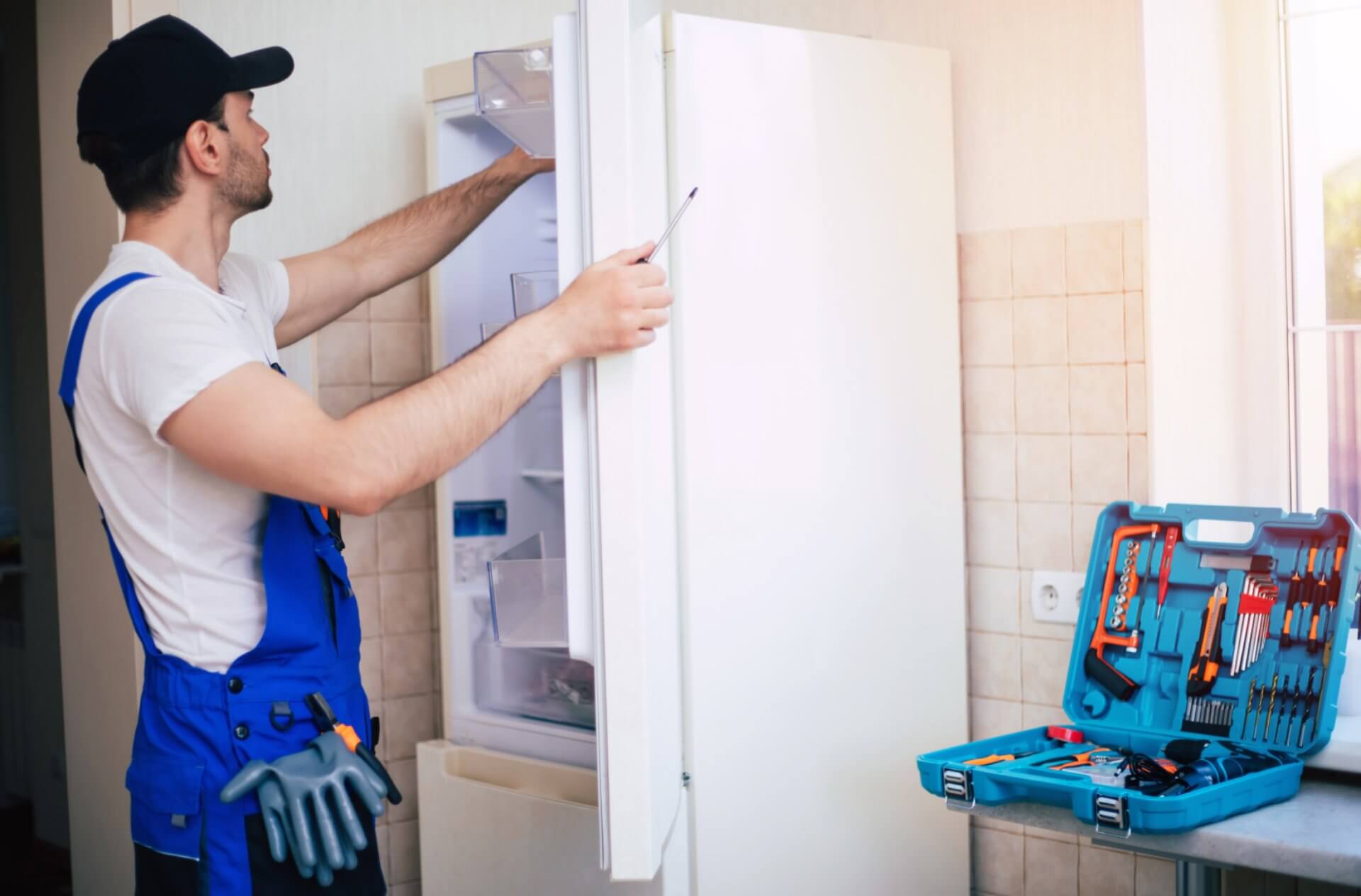Home Warranty for Appliances in Australia: Complete Guide 2025
That moment when your refrigerator stops cooling or your washing machine starts making that horrible grinding noise – we've all been there. It always seems to happen at the worst possible time, and the repair bills can be eye-watering. This is exactly when many homeowners wish they had purchased a home warranty.
But are home warranties for appliances actually worth the money? After helping thousands of homeowners with appliance problems over the years, I've seen both sides of this debate. Some people swear by their warranties, while others feel they've wasted hundreds of dollars on coverage they never used.
This guide will walk you through the real pros and cons of home warranties for appliances, helping you decide whether they make financial sense for your situation.

What Is a Home Warranty for Appliances?
Before diving into the pros and cons, let's clarify exactly what we're talking about. A home warranty (or appliance warranty) is a service contract that covers the repair or replacement costs for major home systems and appliances when they break down due to normal wear and tear.
These typically include:
- Refrigerators and freezers
- Washing machines and dryers
- Dishwashers
- Ovens, cooktops, and ranges
- Air conditioners and heating systems
- Hot water systems
Home warranties are different from manufacturer warranties, which come with new appliances and typically last 1-2 years. Home warranties can be purchased for both new and existing appliances, regardless of age (though with some limitations we'll discuss later).
In Australia, these warranties typically cost $500-1,000 per year for basic coverage in 2025, with premium plans costing $900-1,500 annually.
The Pros: Benefits of Home Warranties for Appliances
1. Peace of Mind and Predictable Costs
Perhaps the biggest advantage of a home warranty is the peace of mind it provides. Instead of worrying about unexpected $800 repair bills, you pay a fixed annual fee and a set service call fee (typically $60-100) for each repair.
For many homeowners, especially those on tight budgets, converting unpredictable repair costs into a predictable monthly expense is valuable. It helps with budgeting and removes the financial shock of major appliance failures.
2. Convenience of Pre-Screened Technicians
When an appliance breaks down, a home warranty company handles finding and dispatching qualified technicians who must meet Australian trade certification requirements. This saves you the time and stress of researching repair services, reading reviews, and hoping you've chosen someone reliable.
This convenience factor is especially valuable if you've recently moved to a new area and don't have established relationships with local repair services.
3. Protection for Multiple Appliances Under One Plan
Rather than purchasing extended warranties for each individual appliance (which can quickly add up), a home warranty covers multiple systems under one plan. This bundled approach can offer better value if you have several older appliances that might fail around the same time.
4. Potential Cost Savings for Major Repairs
For major repairs or appliance replacements, a home warranty can potentially save significant money. Consider these average repair costs in Australia:
- Refrigerator compressor replacement: $700-1,000
- Washing machine motor replacement: $350-500
- Oven control board replacement: $400-700
- Hot water system replacement: $1,200-2,000
If you face even one or two of these major repairs during your warranty period, the coverage could pay for itself.
5. Coverage for Older Appliances
While manufacturer warranties only cover new appliances, home warranties often cover existing appliances regardless of age. This can be particularly valuable if you've purchased a home with older appliances or if your appliances are beyond their manufacturer warranty periods.
The Cons: Drawbacks of Home Warranties
1. Coverage Limitations and Exclusions
This is where most homeowner frustrations begin. Home warranties come with numerous exclusions and limitations that can be surprising when you need to make a claim. Common exclusions include:
- Pre-existing conditions (problems that existed before coverage began)
- Improper maintenance issues
- Certain components of otherwise covered appliances
- Cosmetic damage or issues that don't affect function
- Specific brands or high-end appliances may have limited coverage
Always read the fine print carefully. Many warranty companies require proof of regular maintenance, and can deny claims if they determine the breakdown was due to lack of maintenance rather than normal wear and tear.
2. Limited Choice of Repair Technicians
While having pre-screened technicians can be convenient, it also means you don't get to choose who works on your appliances. The warranty company selects the service provider, and these technicians are often paid less than their standard rates by warranty companies.
This can sometimes result in:
- Longer wait times for repairs
- Less experienced technicians being assigned
- Potential conflicts of interest where technicians may be incentivized to make minimum repairs rather than addressing root causes
3. Repair-First Policies Can Be Frustrating
Most home warranties operate on a repair-first policy, meaning they'll attempt to repair an appliance multiple times before considering replacement. This can be frustrating when dealing with an appliance that has recurring issues.
In some cases, you might end up paying multiple service call fees for the same problem before the warranty company agrees to a replacement.
4. The Mathematics Often Don't Work Out
For many homeowners, the pure mathematics of home warranties don't make financial sense:
Annual warranty premium: $600 Average service call fee: $80 per repair Number of service calls per year: Typically 1-2 for most households
If you have one repair costing $400 and pay an $80 service fee, your warranty saved you $320 on that repair. But subtract that from your $600 annual premium, and you're still $280 in the red.
Home warranties tend to be worthwhile financially only if:
- You have multiple major appliance failures in a single year
- You need a complete appliance replacement
- You have several older appliances nearing the end of their lifespan
5. Depreciation Factors in Replacements
When a warranty company does agree to replace an appliance, they often don't provide the full cost of a new equivalent model. Instead, they factor in depreciation based on the age of your original appliance.
Additionally, you typically don't get to choose the replacement model – the warranty company selects what they consider a comparable unit, which may not match the quality or features of your original appliance.
Is a Home Warranty Right for You? Key Factors to Consider
Whether a home warranty makes sense depends on your specific situation. Consider these factors:
1. The Age of Your Appliances
Appliances have typical lifespans:
- Refrigerators: 10-15 years
- Washing machines: 10-12 years
- Dishwashers: 8-10 years
- Ovens/ranges: 13-15 years
- Hot water systems: 8-12 years
If most of your appliances are in the latter half of their expected lifespan, a home warranty might make more sense as breakdowns become more likely.
2. Your DIY Skills and Comfort Level
If you're comfortable handling basic repairs and maintenance yourself, you might save more money by skipping the warranty and handling minor issues on your own. However, if you prefer to call professionals for any appliance problem, a warranty's convenience might be worth the cost.
3. Your Financial Situation
Consider two approaches:
- Home warranty approach: Pay $600-900 annually plus service fees
- Self-insurance approach: Put that same $600-900 into a dedicated "appliance repair" savings account each year
The self-insurance approach gives you more control and flexibility, but requires financial discipline. The warranty approach provides structure and convenience, but less control.
4. The Quality and Age of Your Home
Newer homes with recently installed appliances might benefit less from warranties, as many issues would still be covered under manufacturer warranties. Older homes with ageing systems tend to benefit more.
Alternative Options to Consider
If a traditional home warranty doesn't seem right for you, consider these alternatives:
1. Manufacturer Extended Warranties
These are typically available when purchasing new appliances and extend the manufacturer's original warranty. They're often more straightforward with fewer exclusions than third-party home warranties, but only cover one specific appliance.
2. Credit Card Extended Warranties
Many premium credit cards automatically extend manufacturer warranties when you purchase appliances with that card. Check your credit card benefits – you might already have coverage without realising it.
3. Self-Insurance Fund
As mentioned earlier, creating your own "appliance emergency fund" by setting aside the equivalent of warranty premiums can be a smarter financial move for many households.
4. Regular Maintenance Plan
Investing in regular maintenance can prevent many expensive repairs. Consider scheduling annual service for major appliances rather than waiting for breakdowns. According to my experience, about 70% of major appliance failures could have been prevented through regular maintenance.
Questions to Ask Before Purchasing a Home Warranty
If you're considering a home warranty, ask these crucial questions:
-
What exactly is covered and what is explicitly excluded? Request a detailed list, not just categories.
-
What is the procedure for making a claim? How quickly do they dispatch technicians?
-
Can you choose your own repair technician or must you use their network?
-
What is the average response time for service calls?
-
Is there a limit on the number of service calls?
-
How does the replacement process work if an appliance cannot be repaired?
-
Are there waiting periods before coverage begins?
-
Can you review a sample contract before purchasing?
Conclusion
Home warranties for appliances are neither inherently good nor bad – they simply work better for some situations than others. They tend to provide the most value for:
- Homeowners with multiple ageing appliances
- Those who prefer predictable expenses over unexpected repair costs
- People who value convenience and don't want to research and hire repair technicians
They're generally less valuable for:
- Homes with newer appliances
- DIY-inclined homeowners
- Those with the financial discipline to maintain their own repair fund
Remember that the best protection for your appliances is proper maintenance. Whether you choose a home warranty or not, following manufacturer recommendations for care and maintenance will always be your best first line of defence against costly repairs.
After all, the cheapest repair is the one you never need to make!
Frequently Asked Questions (FAQs)
Are home warranties different from insurance? Yes. Home insurance typically covers damage from disasters (fire, floods, etc.), while home warranties cover breakdown from normal wear and tear. Insurance is for unexpected disasters; warranties are for expected equipment failure over time.
Can I purchase a home warranty for just one appliance? Most home warranty companies offer different packages with varying levels of coverage. While some offer appliance-only plans, most don't allow you to select individual appliances. You typically choose between packages covering multiple appliances, systems, or both.
What is the typical response time for repairs? Most warranty companies promise service within 24-48 hours for standard repairs, and faster response (4-24 hours) for emergency situations like complete heating failure in winter. However, actual response times often depend on technician availability in your area.
Can I cancel a home warranty if I'm not satisfied? Yes, most warranty companies offer prorated refunds if you cancel mid-term. However, many have cancellation fees ranging from $50-75, and some require you to commit to a minimum period before cancellation.
Do warranty companies cover rental properties or just owner-occupied homes? Many warranty companies do offer specific plans for rental properties, though they typically cost more than residential plans. These can be particularly valuable for landlords managing multiple properties who want to simplify their maintenance processes.
How do appliance home warranties handle solar hot water systems? Coverage for solar hot water systems varies significantly between warranty providers. Many exclude solar components entirely or charge premium rates to include them. Always specifically ask about solar hot water coverage if you have this system in your home.

About Julian
Home appliance enthusiast and DIY repair specialist with a passion for helping others save money on appliance maintenance.
Related Articles

Seasonal Appliance Maintenance Checklist 2025: Complete Guide for Australian Homes

How to Extend the Life of Your Refrigerator: 7 Maintenance Tips

